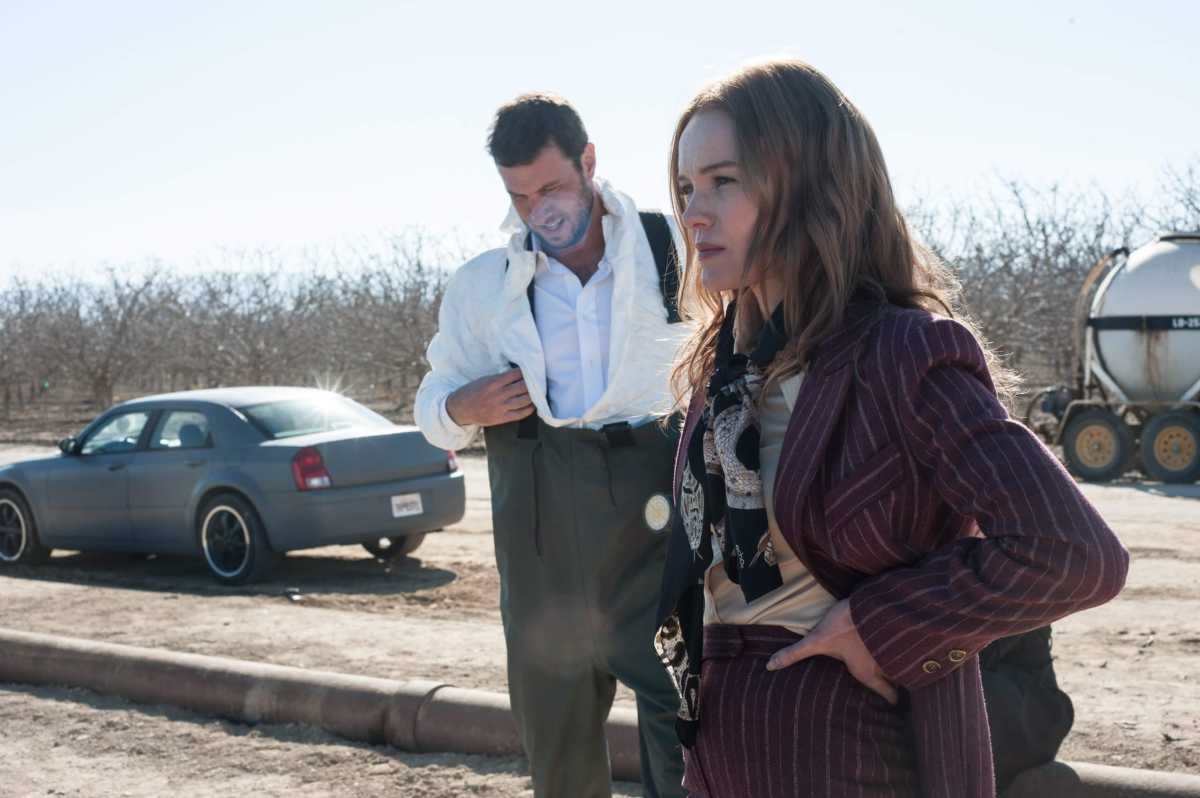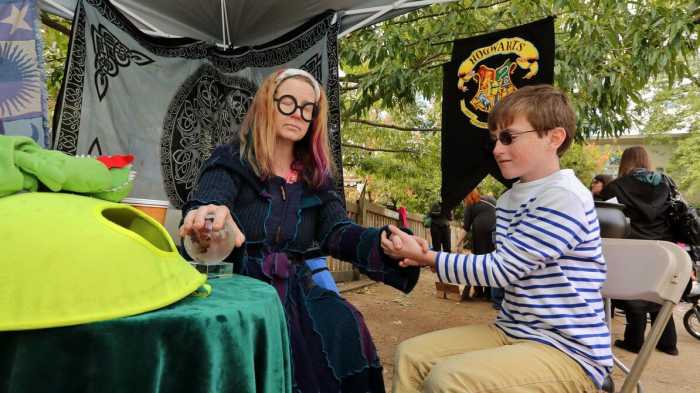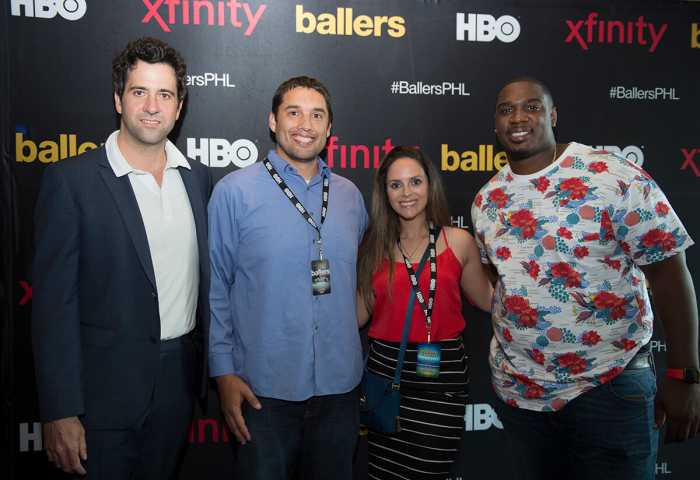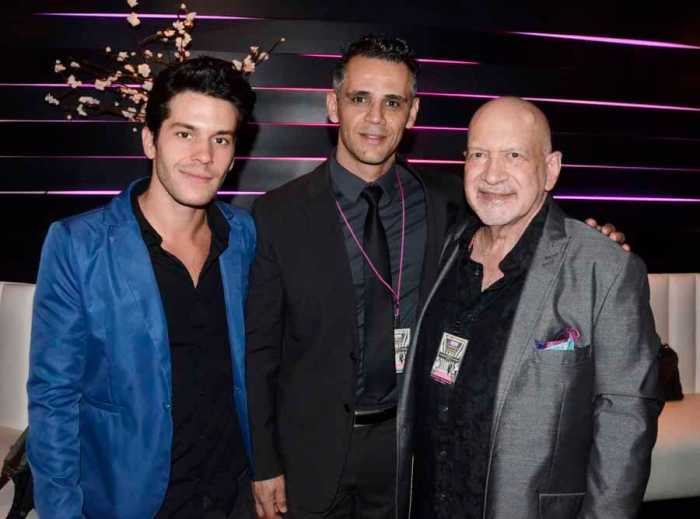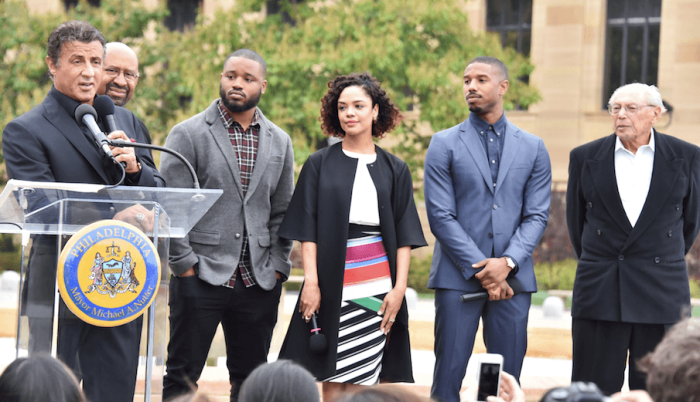Corporate greed is not new, but nonetheless, it’s always shocking to see just how far some companies will go for a few more dollar signs. That greed, which can be fatal for some, is explored in director Edward James Olmos’ latest dark comedy, “The Devil Has a Name.” In the film, audiences get to see both sides of a corporation’s want for money through a farmer who has lost everything (David Strathairn) and a quick-witted oil matriarch who balls with the big wigs in the normally male-driven world of oil (Kate Bosworth) and is trying make sure corporate greed wins overall.
The film brings out important combinations: For one, it’s a comedy that shines the light on a very heinous and true subject (the plot is based on true events,) and on the other hand it really showcases some characters that will provoke thought through incredible performances. Take Bosworth’s Gigi for example, as a woman she can be looked up to for her tenacity in a testosterone-fueled empire, but the paradox comes from her intentions and the side she’s on.
Bosworth sat down with Metro to discuss what it was like playing such a complicated role and how this film will hopefully ignite conversation through wit and information.
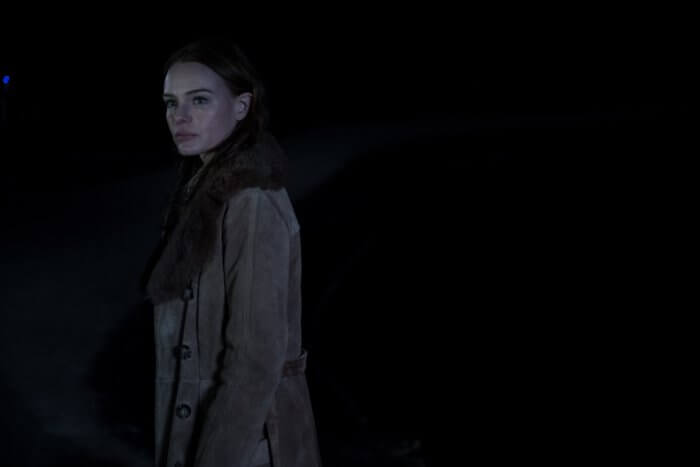
What was it that drew you to this project?
You know, it was an interesting opportunity. Gigi is complicated, flawed, she’s very intelligent, but she’s fighting the fight for corporate greed— so there’s a lot of darkness in this character as well. But, I wanted to bring a real kind of Wild West nature to her. When I was creating the character with our director Eddie, I wanted to shy away from the typical stereotype “corporate woman”. I wanted to bring like a gun-slinging quality to her. He was really open to that, and I thought it brought more of a tongue in cheek nature to her to really create a character out of her that perhaps we haven’t seen in a while. She reminded me of some of the great 70s characters frankly, so I wanted to build on that. Even her costume—I really wanted to give her a 70s-western flare and give her that kind of timeless quality and Eddie was shooting with that same type of feel cinematically. It drives the sort of darker edge to the movie, but I said to Eddie I really want her to be in furs and skins and leathers and things because I wanted her to feel like she literally was sort of assuming the skins of people that she took down in a way. So, just visually I wanted her to feel intimidating and sort of pioneer-esque in that sense.
Your character really is complicated—she’s a woman in charge which appeals to me, but she is on the side of corporate greed. After spending so much time with her, what do you like about her?
I really love her wit, to me, she has the sharpest tongue in the room which I really appreciate because normally female characters are underwritten or, historically and in my experience, have been the characters who serve the softballs for then the male characters to have the great lines. I’m honestly always fighting for female characters to have more of that volley and more of the participation and the wit and the intelligence. I was really grateful, I worked on the script quite a lot with our writer and Eddie, and they were creative collaborators who really embraced that side of her. I think she’s the smartest person in the room—she’s obviously very strategic and manipulative so that can veer. I think that she talks straight, [but] like she’s coming in the front door and she’s already in the side window when it comes to business, so she’s definitely not a trustworthy individual—but she’ll do anything to succeed or to win. She’s always going to do well, she’s a woman with a swagger and Eddie and I both physically and metaphorically wanted to bring that across. She might be the smartest woman in the room, but she also might be the most hated woman in the room at the same time.
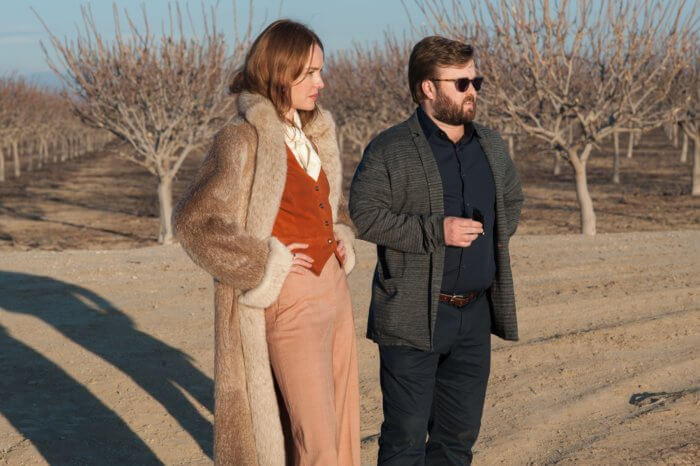
I had really no idea what was going on in terms of the realities surrounding corporate greed in this film—what shocks you the most? What are your thoughts?
Well, nothing’s shocking anymore right? I feel like that’s the world we live in. I think in a society, we are waking up to a lot of corporate greed and I think it’s a timely movie in that sense. This movie focuses on the deterioration of nature and our planet from the greed of humanity. Honestly, what concerns me most are the things that we don’t know. In all sincerity, there’s so much going on that it’s almost becoming the same frequency which is alarming. In that sense, this film is a dark comedy—it can be very heavy so I think it was a very clever, Trojan horse sort of approach to this subject matter in terms of people laughing at things that are so horrendous to laugh at. But I hope it serves as a thought-provoking piece to understand that we have to be better to our planet. We also have to be kinder to ourselves as a society, because if we continue down the path we’re going we’re not going to have a place to reside, to live, to love, you know? So, I would hope that although it is an often comical and entertaining piece, I hope that’s the takeaway.
Do you think that combination of comedy with the heavy subject matter will help make the message more accessible for audiences to start to think more about these issues?
Yes, I think it a very pure decision for Eddie to bring a comedic aspect to a heavier subject matter. He’s such an amazing character actor he really relied on his actors to bring the characters to life. That’s the beautiful thing about cinema is that you can talk about subject matter that can be quite tricky and difficult to take in, but when you have characters that are sort of spooning it to you in a way that feels more digestible, it’s an intelligent way of filmmaking. In that sense, I hope that there are soulful takeaways to our film, but I think people will be wildly entertained at the same time.
“The Devil Has a Name” hits theaters, digital and VOD Oct. 16th



